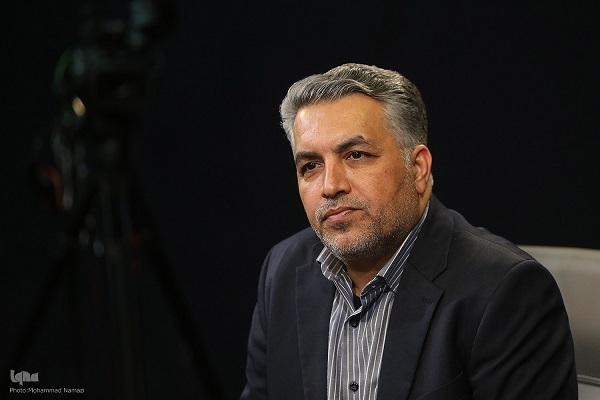Official Highlights 5 Quranic Principles for Effective Communication of Messages


Speaking in a program in Iran’s Goftogo Radio, Jalil Bayt Mashaali, who is also the managing director of the International Quran News Agency (IQNA), referred to “sincerity and truthfulness”, “firmness and soundness of the message and words”, “justice”, “wisdom” and “conveying messages from the standpoint of Rifq” as the five principles.
He said sincerity and truthfulness are the first important criterion in delivering messages.
While truthfulness opens the hearts, the “modern ignorance”, which has moved away from the human Fitrat (nature), urges media persons to tell big lies, he said.
He added that the Quran also stressed the need to do things the best way and that is why in conveying messages, it is important to use sound statements as the Holy Quran say, “O you who believe, fear Allah and say sound statements.” (Verse 70 of Surah Al-Ahzab)
The official said the word Sadeed in this verse means firm and sound and if the statements are firm and sound, the result will be, “and He will mend your deeds for you and forgive your sins.” (Verse 71 of Surah Al-Ahzab)

Bayt Mashaali then underscored the role of justice in communication of messages and said the Holy Quran attaches significance to it.
Read More:
He said justice is the foundation of success on the path of Taqwa (God-fearing) and paves the way for it, as the Quran says, “Believers, be dutiful to Allah and bearers of just witness. Do not allow your hatred for other people to turn you away from justice. Deal justly; it is nearer to piety. Have fear of Allah; Allah is Aware of what you do.” (Verse 8 of Surah Al-Ma’idah)
The managing director of IQNA also pointed to the principle of wisdom and said conveying messages by the media should be done wisely in order to be effective and solve the society’s problems.
4247150



